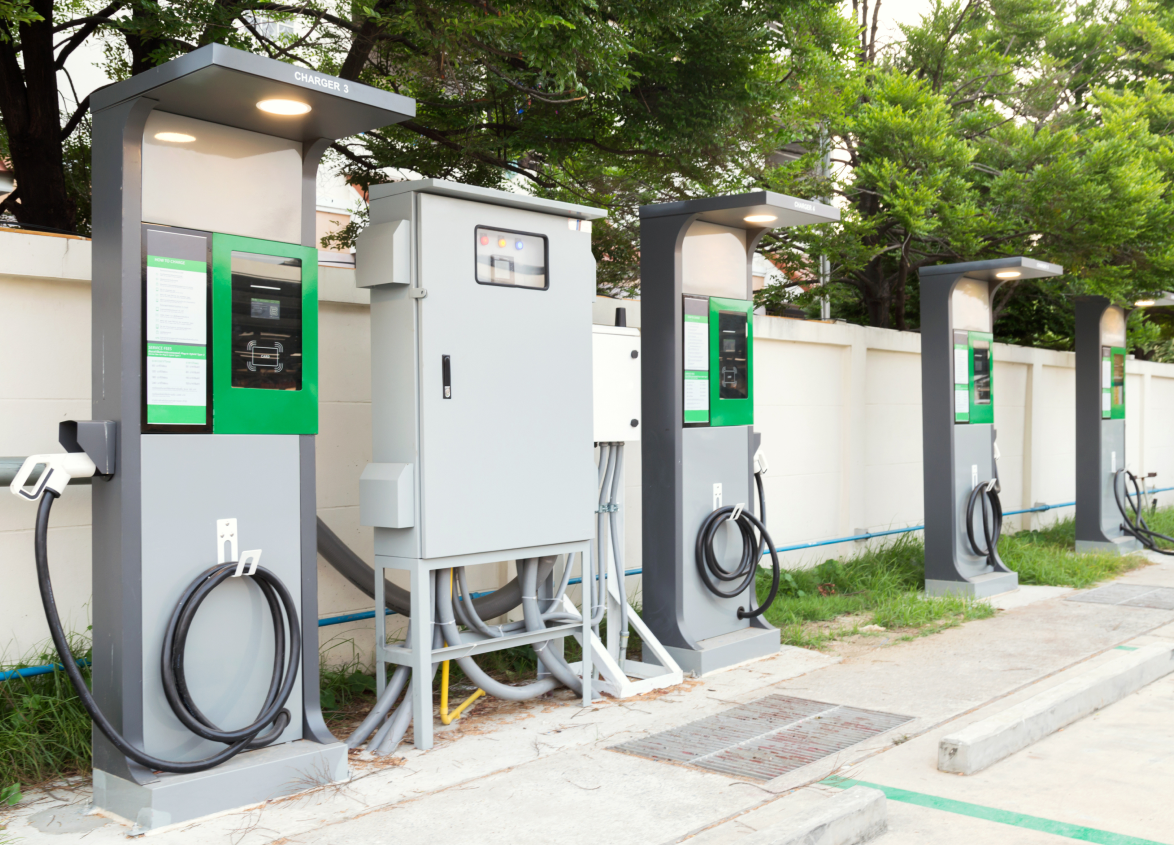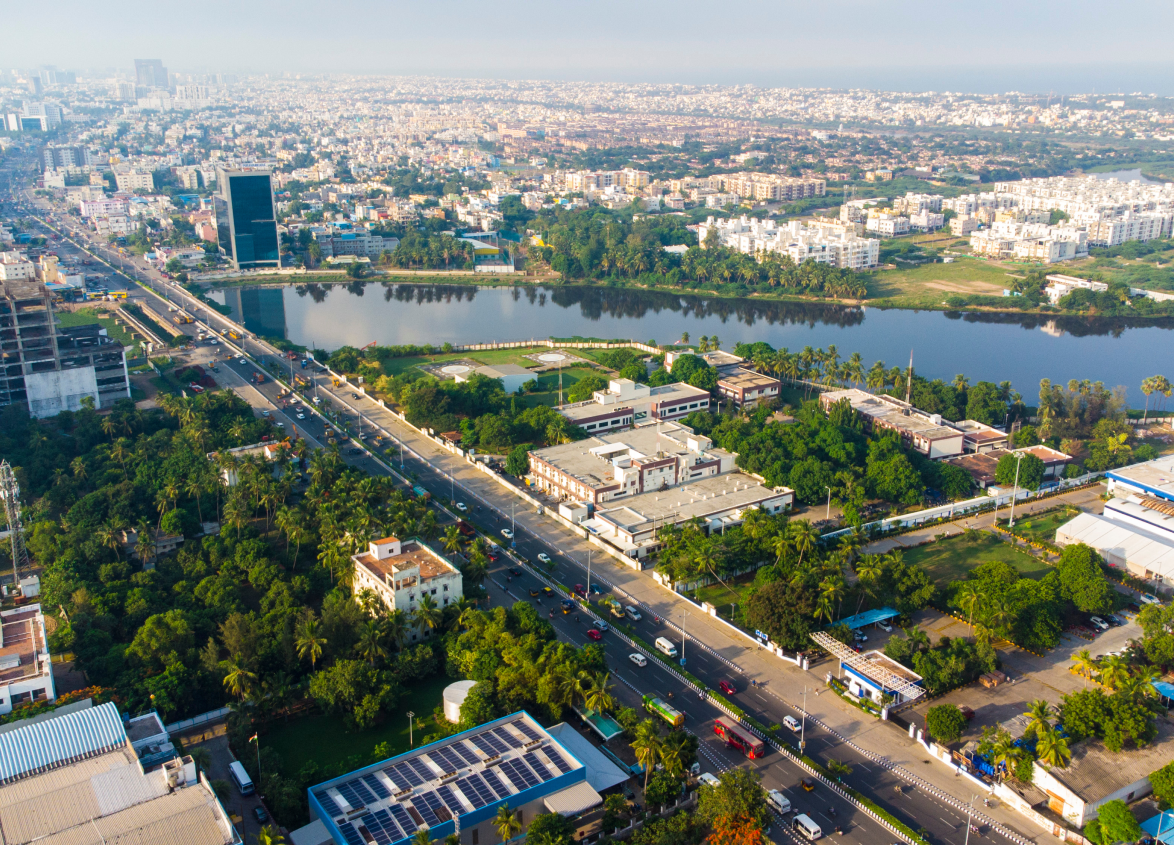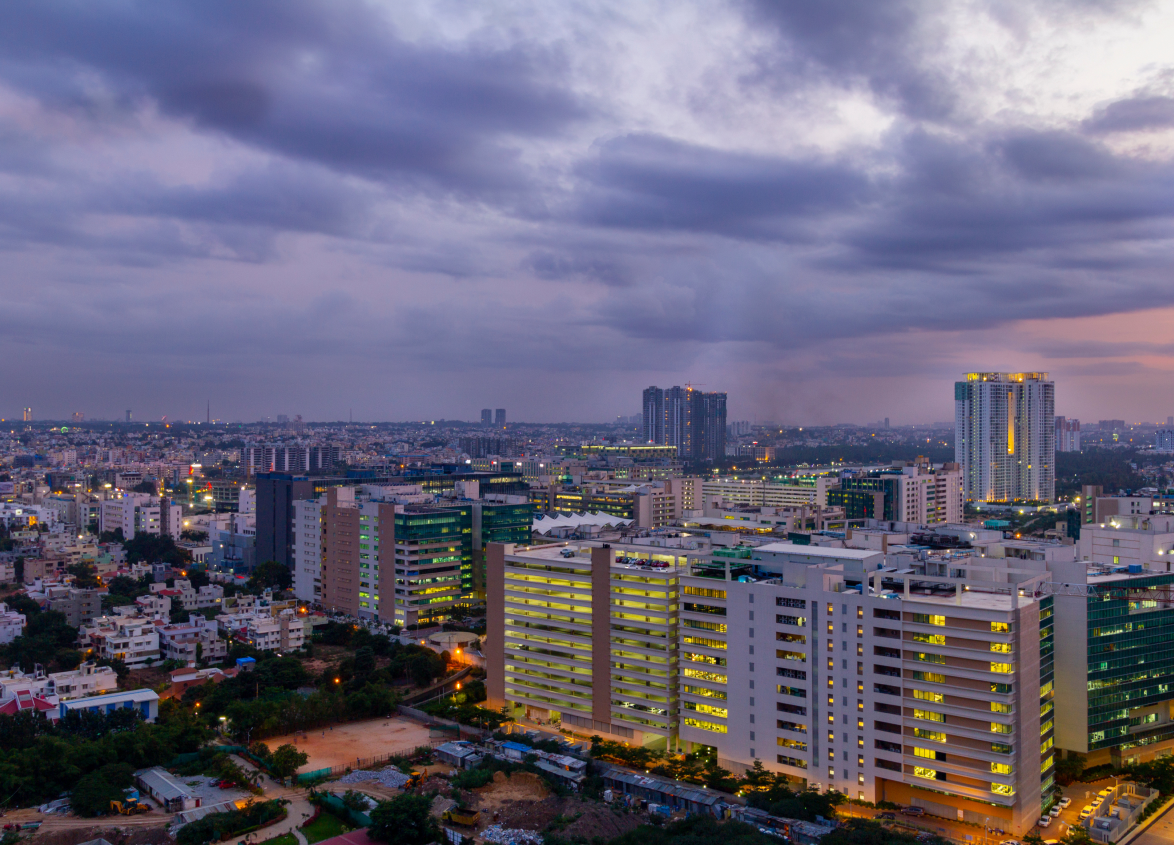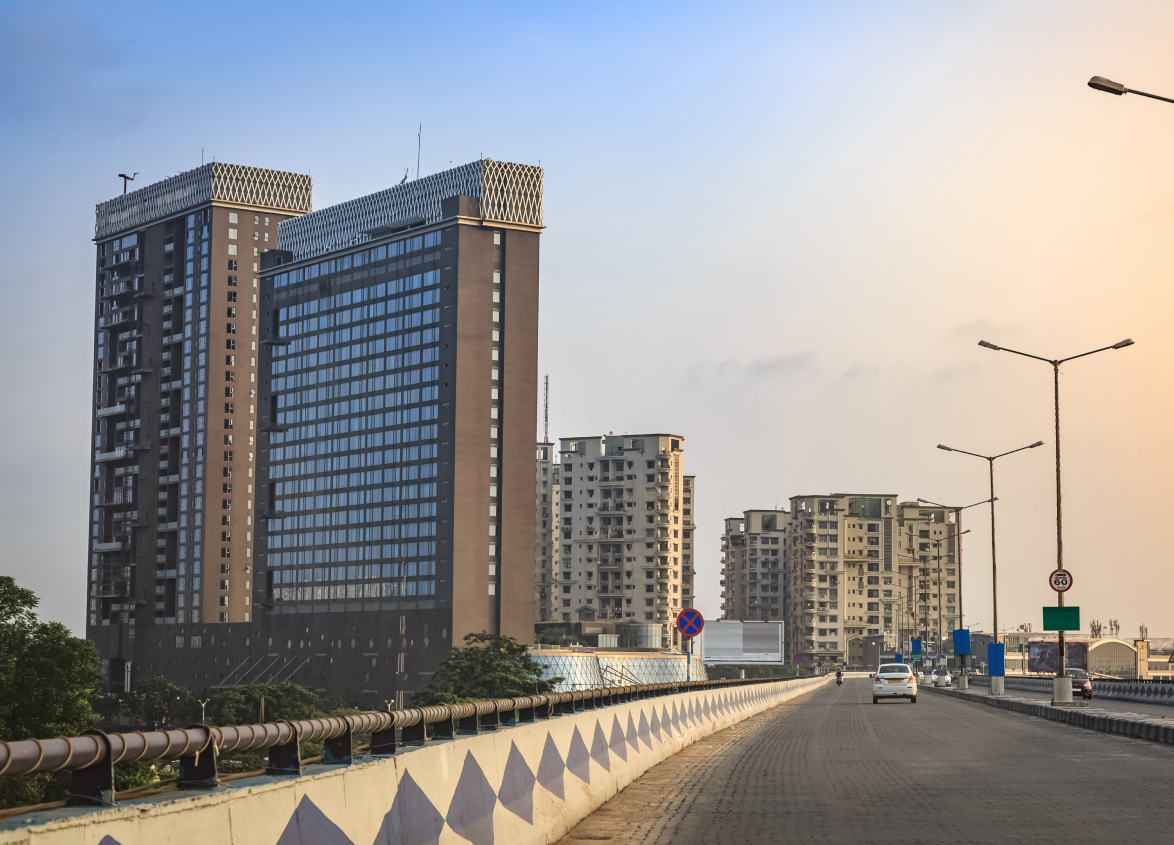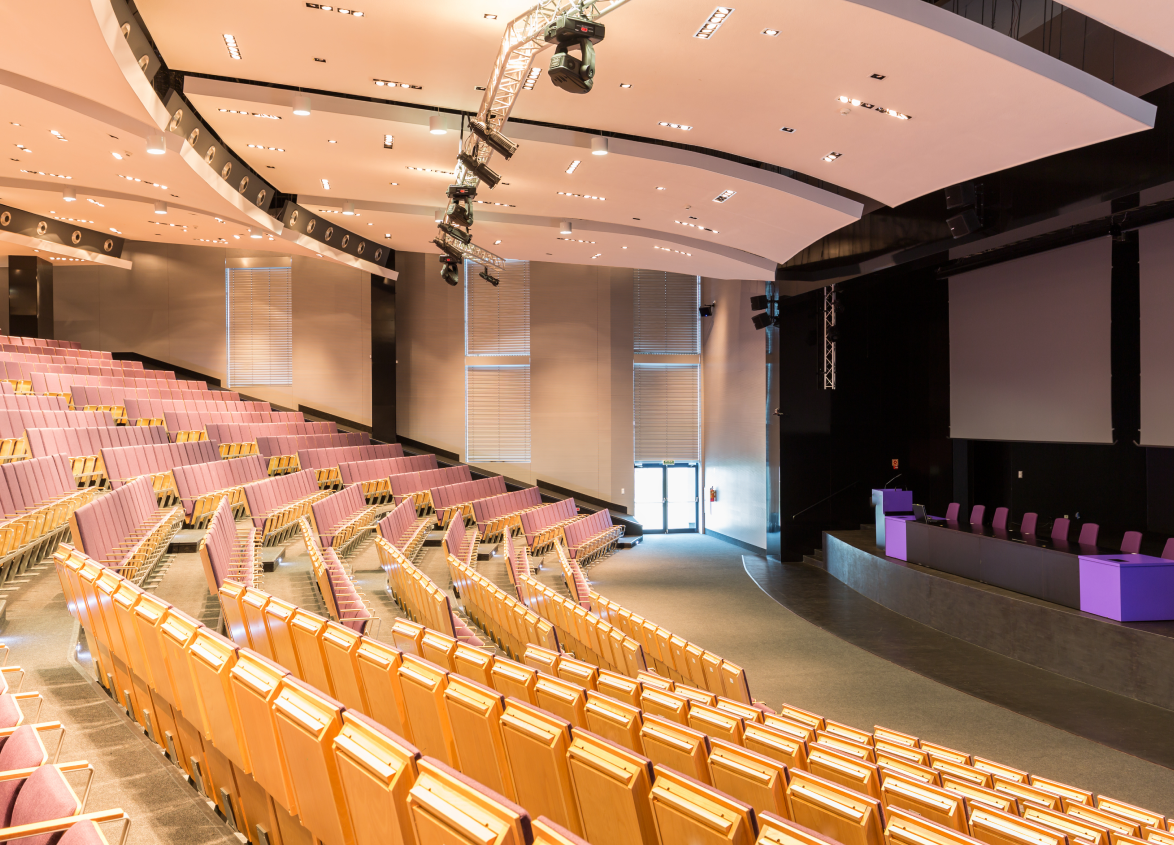
Hospitality
Why Sustainability Matters for Clubs and Convention Centers: Building a Greener Future
January 27, 2025
The concept of sustainability has emerged as a critical success factor for organisations, irrespective of their industry, including clubs and convention centres. Since these venues host significant events, meetings, and other social functions, they have a special duty to reduce their environmental impact while improving their performance. The global concerns about global warming and resource depletion make sustainability in convention centres unavoidable as a long-term strategy.
Hospitals, clubs, and convention centres are some of the facilities that use a lot of energy and water, produce a lot of waste and are sources of carbon emissions. Minimising the negative environmental impact and meeting the new demands and expectations of conscious customers and guests is possible. However, effective and sustainable hospitality trends can minimise costs, generate new business opportunities, and improve organisational image.
This blog explores what matters to clubs and convention centres concerning sustainability, focusing on environmental impact, the benefits of green buildings, and doable strategies for adopting and moving towards more eco-friendly event venue practices. From energy efficiency to waste management, technology applications, and designing green practices for clubs, sustainability has the roadmap to build a better future for the environment and industry. It's about time clubs and conventions led the way in an environmentally greener, more sustainable world.
Environmental Impact of the Clubs and Convention Centers
The events hosted by clubs and convention centres and the scale in which they host these activities tend to leave extensive environmental impacts.
Energy Water Consumption Statistics
Large venues generate enormous amounts of energy: lighting, heating and cooling, and audio-visual systems. A single event may require hundreds of megawatts of electricity, while HVAC systems consume nearly 50% of the energy. For catering, cleaning, and restrooms alone, water usage during major events goes up to thousands of gallons.
Large-Scale Events Generate Waste
Events usually cover much wastage, including disposable cutlery, food waste, and promotional materials. According to research, a big venue is estimated to produce up to 1.5 pounds of waste per attendee per day, making landfills very heavy.
Carbon Footprint from Operations and Event Logistics
Transporting attendees, equipment, and goods results in emissions. Using nonrenewable sources such as electricity and fuel for venue operations also increases the environmental impact. Thus, today, action is required to improve greener practices.
Benefits of Sustainability for Clubs and Convention Centers
- Operational Efficiency: Sustainable design for clubs and operational practices like energy-efficient lighting, HVAC systems, and water-saving technologies can help a company achieve optimal resource consumption, smoothly running operations, and lower overhead.
- Client Attraction: Many clients are focusing on environmentally friendly event spaces. Environmental sustainability in convention centres is really popular, and many large corporations, along with non-profit organisations, prefer venues that possess a sustainable image.
- Compliance and Incentives: Various governments throughout the world are promoting environmentally friendly performance through rules and funding. Buildings that meet green standards are exempted from penalties and can be eligible for tax incentives, funds or rebates for going green.
- Long-Term Savings: While the costs of implementing sustainable technologies are relatively high in the beginning, the advantages are enormous. Lower expenditure on utility bills, less waste generation and disposal, and less sales of services relating to sustainability pay in the long run.
Important Sustainable Practices to Adopt
Energy Efficiency: Lighting should be changed to LEDs, HVAC systems should be optimised, and renewable sources such as solar panels should be integrated into the event. Also, installing motion sensors in the lighting and energy management system should significantly boost its effectiveness.
Waste Management: Increasing robust recycling programs and encouraging biodegradable waste can drastically reduce waste at the event. The distribution of clearly marked bins for compost, recyclables, and landfill items encourages waste to be disposed of at appropriate venues.
Water Conservation: Water-efficient appliances, including low-flow washers and low-flow dispensers, are used to save water. Harvester rainwater systems and the use of recycled water for washing and irrigating lawns and gardens also work well.
Green Building Design: Energy use can be reduced by incorporating sustainable hospitality trends in construction, efficient insulation, and natural lighting. Roof gardens and vertical planting can also improve the quality of the air they release, along with other aesthetic and environmental values.
Sustainable Event Practices: Ecologically friendly measures adopted in these practices must not only help establish sustainable ways of event planning but also enhance the participants' event experience.
Recyclable and Eco-friendly Products: Use reusable dishes, utensils, and cups or those that are biodegradable. For instance, instead of using plastic spoons, forks, knives, etc., use spoons, forks, knives, etc., that are made from cornstarch or bamboo.
Digital Ticketing and Signage: To reduce paper consumption, use digital tickets instead of traditional ones and use QR codes instead of posters with the event details.
Local Sourcing: Partner with local caterers for catering, use local designers and suppliers for decor items and select local and green suppliers to reduce transport-related carbon emissions and pump-prime the local economy.
Examples of Sustainable Events
Greenbuild International Conference: Green practices for clubs include zero-waste, carbon offsets and energy-efficient event spaces.
South by Southwest (SXSW): Focus on sustainability as well through reducing waste, efficient energy, and bringing communities together.
Future Sustainability in the Industry
Trends on Sustainability in the Hospitality and Event Industries
Sustainability is the new trend in the hospitality and events sectors. For instance, it is perfectly legal to hold zero-waste events, operate carbon-neutral operations, and use artificial intelligence to manage resources.
How Clubs and Convention Centers Can Drive Green Innovation
Clubs and convention centres should embrace new technologies and environmentally friendly practices to act as reference points. Accrediting green certifying organisations, promoting renewable resources, and promoting environmental sensitisation can help these venues promote the green agenda.
Conclusion
Sustainability in convention centres is no longer a buzzword. It has become the most significant business model by which clubs and convention centres guarantee themselves future patronage. If these eco-friendly event venues can apply and embrace green measures, they can reduce their environmental impacts while enjoying numerous operational and economic advantages. Measures such as energy-efficient event spaces, waste minimisation, and water conservation cut costs and make an attractive package for conscious clients and event organisers.
Over time, sustainability will be the biggest driver of the hospitality and events industry's future direction. Clubs and convention centres that have embraced green solutions and are setting new standards in their operations will initiate benchmarking of green solutions. Such venues help achieve international environmental objectives and improve their brand reputations for future success in an increasingly conscious market. The process of transitioning to a green economy is on the way, and every effort made in that direction makes it possible to make it sustainable.
FAQs
1. Why is sustainability significant to clubs and convention centres?
Sustainability would be crucial for clubs and convention centres to reduce their environmental footprint, increase operational efficiency, attract green-conscious clients, and comply with rapidly changing environmental regulations. It would also enhance their brand image and support long-term cost savings.
2. What are Some Typical Measures of Sustainability in Event Spaces?
Some of the many practices are energy-efficient lighting systems, less water use, waste segregation/reuse/recycling, environmentally friendly building plans and designs, and the use of renewable energy. Other effective strategies include hosting environmentally friendly events and avoiding using paper-based tools as much as possible.
3. How can clubs and convention centres minimise their carbon footprint?
An effective energy management system, optimum attention to renewable energy, and a Smart approach to handling events, such as encouraging attendees to use public transport or share a car and grab locally available products and foods, can reduce the impact of CO2 emissions.
4. What are the advantages of sustainable events?
Sustainable events reduce waste, decrease energy consumption, and decrease carbon emissions. They attract environmentally conscious guests, provide a good impression to the organiser, and often enjoy green certifications or government incentives.
5. What role does sustainability play in operational performance?
Measures like efficient heating and air conditioning and minimising waste enhance operations by cutting utility costs and improving the venue's general management.
6. How does technology support sustainable venue management?
Technology contributes to sustainability by easing control of resources such as energy controls, lighting, water, and even data measurement to enhance usage. Other ways that digital tools reduce waste include ticketing and digital signs.
7. Can we increase the number of clients in event venues through sustainability?
Sustainable-aware clients and event coordinators will likely choose places that demonstrate their concern. Environment-friendly products may set the venue apart from the competition and attract businesses willing to associate with such a brand.
8. What are some future sustainability trends in an event?
Some of the new trends include using renewable energy, green certification, artificial intelligence in energy management, zero-waste events, and the Internet of Things in monitoring resource consumption.
MUST READ
Looking for something specific?
We'd be delighted to help you.






